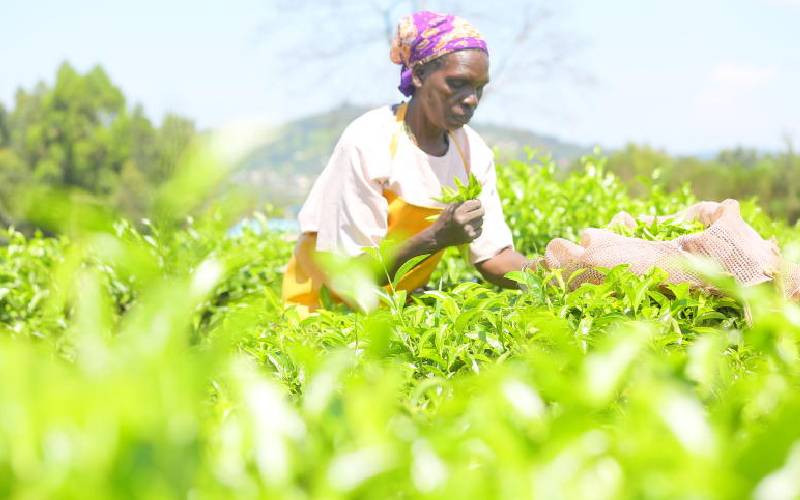×
The Standard e-Paper
Home To Bold Columnists

About 76 per cent of farmers are worried about the future impact of climate change, while 71 per cent say it already has had an impact on their farms and incomes, a recent survey by life science company Bayer Group found.
Researchers interviewed 800 farmers in eight countries - Australia, Brazil, China, Germany, India, Kenya, Ukraine and the United States - and said that 568 of those farmers have witnessed the impact of climate change directly on their farms.